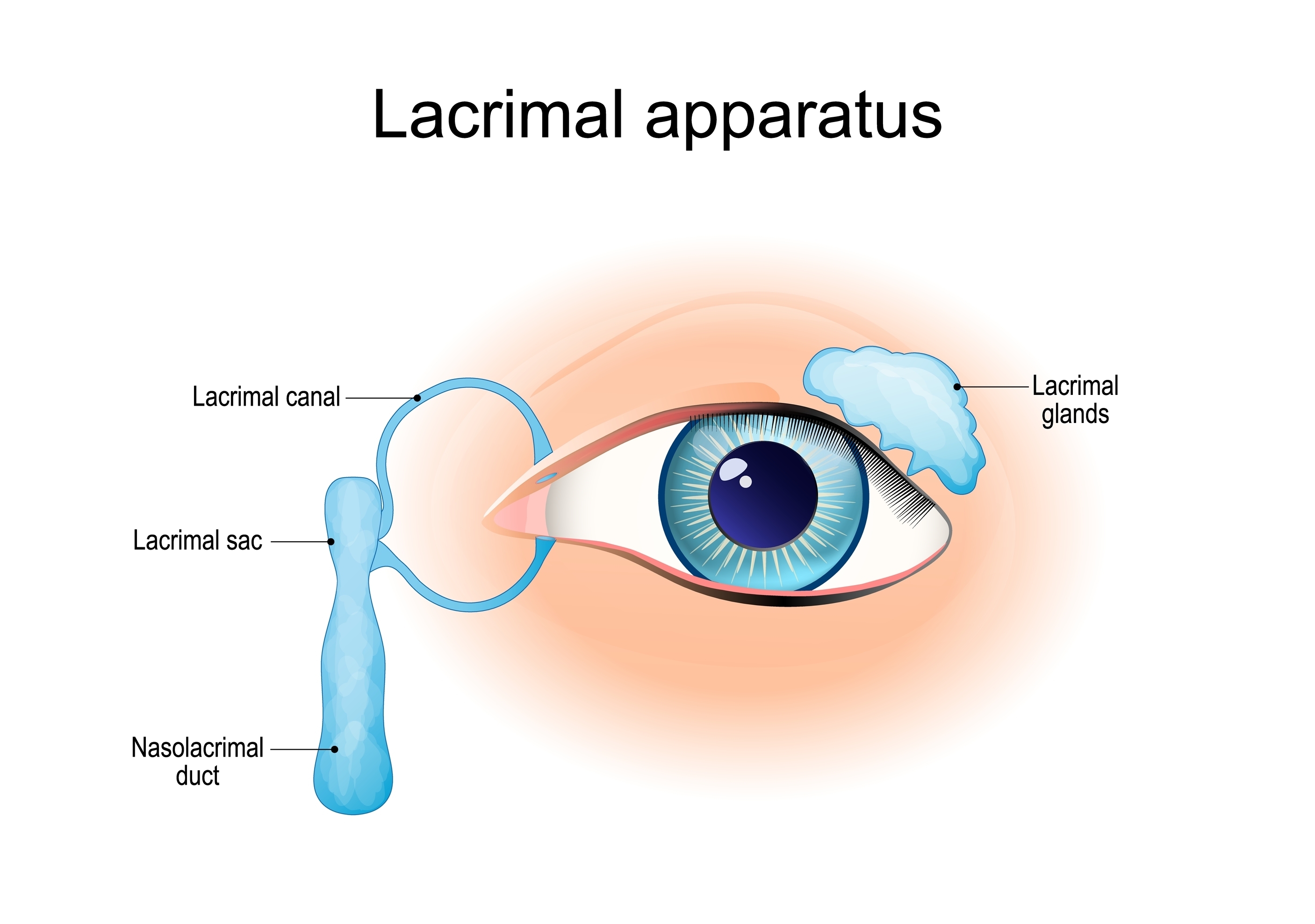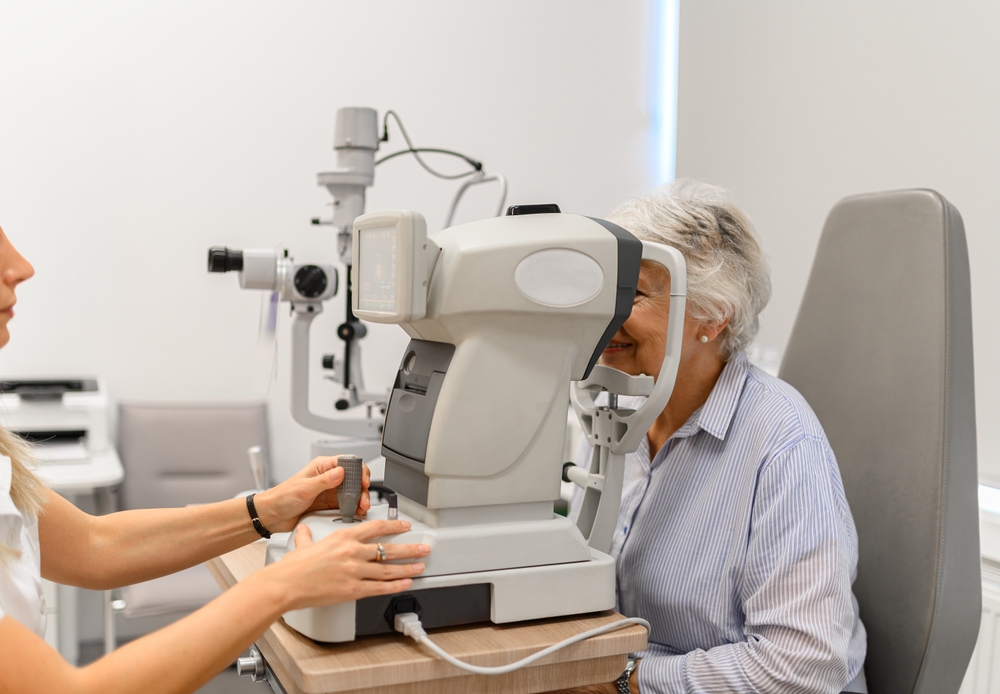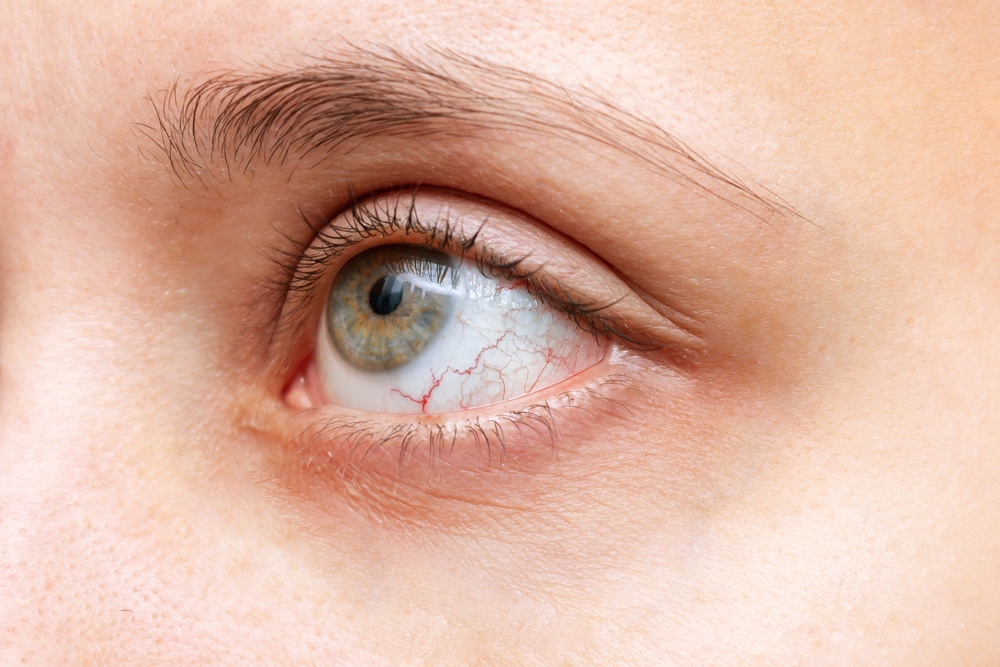Barry Huse OD & Associates Blog
Learn more about optometrist care in our blog!

For many people living with dry eye disease, frequent use of artificial tears becomes a daily routine. While eye drops can provide temporary relief, they don’t always address the underlying issue. An innovative treatment option called Lacrifill punctal occlusion may help patients retain their natural tears longer, potentially reducing the need for constant eye drop use.

Glaucoma is often referred to as the “silent thief of sight” because it can progress without noticeable symptoms until significant vision loss has occurred. Fortunately, regular glaucoma testing can detect early changes before vision is affected. At Barry Huse OD & Associates, we emphasize the importance of annual glaucoma screenings for patients seeking reliable and comprehensive glaucoma testing in Tacoma, WA.

Dry eye disease can be frustrating, especially when symptoms like burning, blurry vision, and irritation linger despite trying multiple treatments. If you’ve been prescribed MIEBO® (perfluorohexyloctane ophthalmic solution), you may be wondering how soon you can expect relief. While every patient’s experience is unique, many people begin noticing improvements sooner than they expect.

If you’ve been told that scleral lenses are the right solution for your vision needs, you may be wondering what to expect once you begin wearing them. These specialized lenses offer a remarkable combination of comfort, stability, and visual clarity - especially for individuals with conditions such as keratoconus, dry eyes, or irregular corneas.

The health of your eyes depends on the delicate balance of many systems, including the nerves that supply the cornea. These nerves not only help you sense discomfort, but also trigger reflexes like blinking and tearing that protect and nourish the eye.

Neurotrophic keratitis is a rare but serious degenerative disease of the cornea caused by impaired corneal nerve function. When the nerves of the cornea fail to send proper signals, healing slows down, protective reflexes are reduced, and the eye becomes vulnerable to chronic injury and vision loss.

Migraines can deeply affect your daily routine, interfering with work, time with loved ones, and even your enjoyment of simple activities. Managing migraines is an ongoing challenge, especially when light sensitivity sets off or intensifies these painful attacks. At Barry Huse OD & Associates, we offer Avulux lenses -an advanced solution designed to help you manage migraines and embrace each day with greater comfort and confidence.

Dry eye can significantly impact your daily comfort and visual performance. Whether you’re experiencing chronic irritation, blurry vision, or a constant need to use artificial tears, managing dry eye effectively requires understanding the root cause and choosing the right treatment.

Dry eye is a common condition that affects many people in Tacoma, and its symptoms can range from occasional discomfort to persistent irritation that interferes with daily life. Whether you experience mild dryness from screen time or severe symptoms due to chronic conditions, finding an effective treatment is key to restoring comfort and maintaining your eye health. One promising option that’s gained attention is MIEBO, a prescription eye drop specifically designed to target the root causes of dry eye disease.

Scleral lenses are a popular and effective solution for individuals with irregular corneas, severe dry eye, or certain eye conditions like keratoconus. These large-diameter gas-permeable lenses rest on the sclera (the white part of the eye) and create a tear-filled vault over the cornea, offering both comfort and clear vision.







